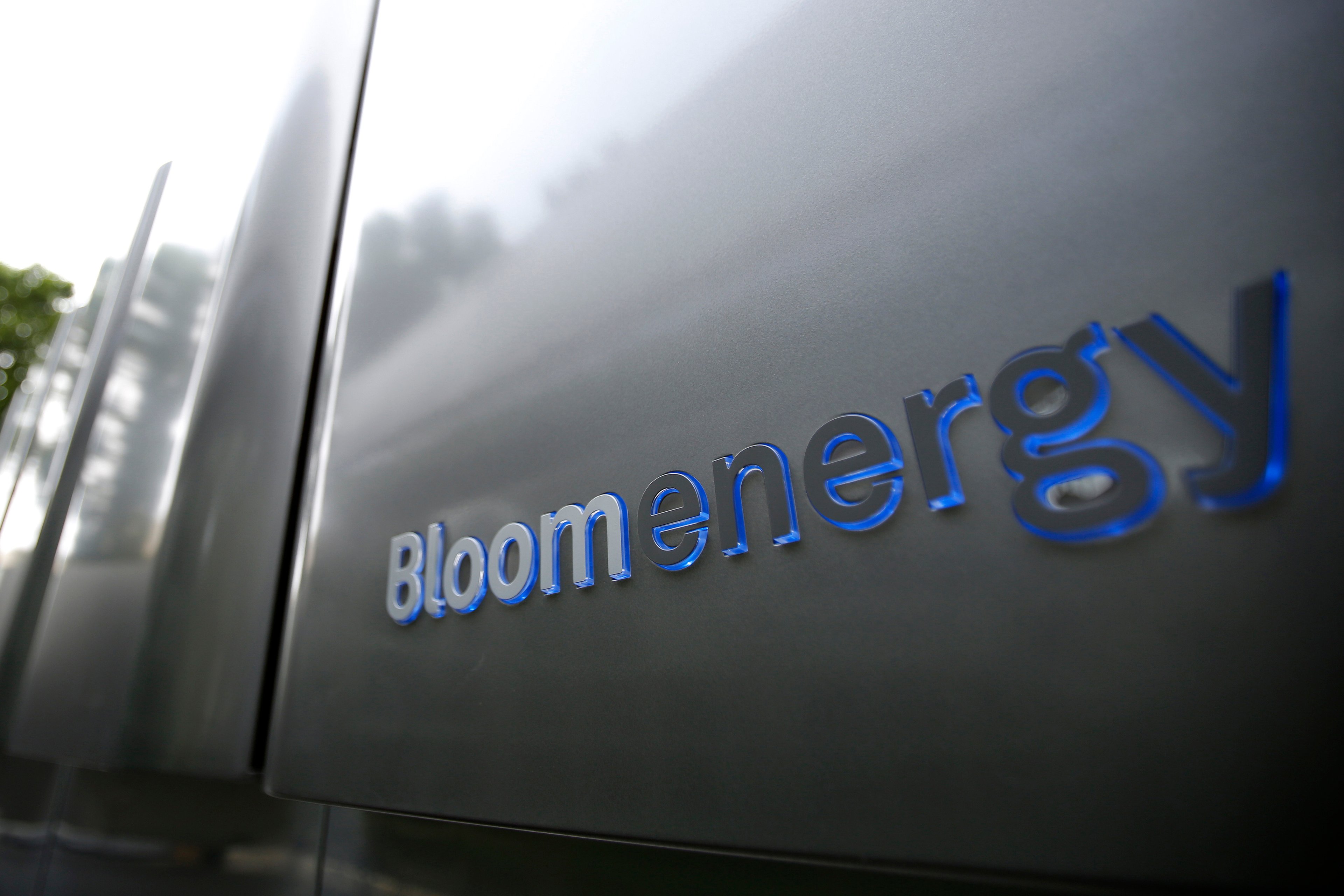
Source: Getty Images.
Despite the recent weakness in oil prices, domestic production of "black gold" and natural gas has been robust lately. Much of this is due to advancements in the technology behind hydraulic fracturing, popularly known as "fracking."
Keane Group, which is set to IPO on Friday, is a veteran oilfield services company that concentrates on the preparation of fracking assets. That technology is very much in the conversation these days, but that doesn't necessarily make the company's stock compelling.
Drilling for dollars
Keane Group, the latest iteration of a business that was launched in 1973, is a well completion (i.e. preparing a well for production) company that has found a comfortable niche in fracking. The company is active in some of the most high-profile oil and natural plays in the U.S., including the Permian Basin, the Bakken Formation, and the Marcellus and Utica shales.
As with any popular technology, fracking has attracted more than its share of service providers. The resulting competition, combined with the fallout from the great oil price slide of 2014, put downward pressure on the fees those companies could charge their clients.
This particularly affected Keane Group, as it's basically a pure play in the segment. Revenue came in at $366 million in 2015, marking a 7% year-over-year decline. Net loss deepened across that stretch of time to $64.6 million from $45.6 million. That trend looks as if it's snowballing -- top line for the first nine months of 2016 was down by 14% to just under $270 million, with net loss ballooning to $148.6 million from $38.9 million.
It should be noted that those figures don't include the results of a recent acquisition, the U.S. unit of Canadian peer Trican Well Services. The fiscal year 2015 and Q1-Q3 revenue numbers for Trican U.S. were roughly the same as its now-parent company, however, like Keane, it was also well in the red. In fiscal year 2015 it lost $392.2 million, while for the first nine months of 2016 that shortfall was $36.9 million.
Taking on a crowded market
Although Keane Group is a specialist, it's not unique on the market.
In its IPO prospectus, the company lists the usual suspects in the services business as competitors in the fracking space -- Schlumberger, Halliburton (HAL 0.50%), Baker Hughes (BHI +0.00%), and Weatherford. However, it's not only the famous companies like Halliburton and Baker Hughes. Keane Group says its rivals "include many large and small oilfield service providers," and "a significant number" of smaller providers.
The popularity of fracking should only increase, particularly now that OPEC recently cut output (thereby giving the oil price a jolt). Keane Group is hoping that there will be plenty more work to go around, but there are scores of competitors willing to perform the labor.
Also, it should be kept in mind that one of the major players, Baker Hughes, is about to jump on board the General Electric mother ship (following the famously abandoned Halliburton/Baker Hughes tie-up). GE's oil and gas operations combined with Baker Hughes will turn up the competitive heat.
None of this takes anything away from Keane Group's accomplishments. The company has managed to carve out a good niche for itself. But those bottom-line numbers are quite deep in the red, revenue continues to head south, and the fracking services segment is awfully crowded and likely to stay that way. The state of the oil industry might be improving, but there are more promising service provider stocks to invest in for an upswing.
The IPO details
Keane Group is slated to begin trading this Friday. It will be listed on the New York Stock Exchange under the very appropriate ticker symbol FRAC. The offering will include 22.3 million shares, 15.7 million of which are being sold by the company. The IPO price has been set at $17 to $19 per share.
Keane Group said it will use around $149 million of the anticipated $250 million in net proceeds to pay down debt. At the end of September 2016 its long-term indebtedness (ex-Trican) stood at almost $269 million. It will utilize the remainder for "general corporate purposes."
The joint book-running managers of the issue are Citigroup, Morgan Stanley, Bank of America Merrill Lynch, and JPMorgan Chase unit J.P. Morgan.






